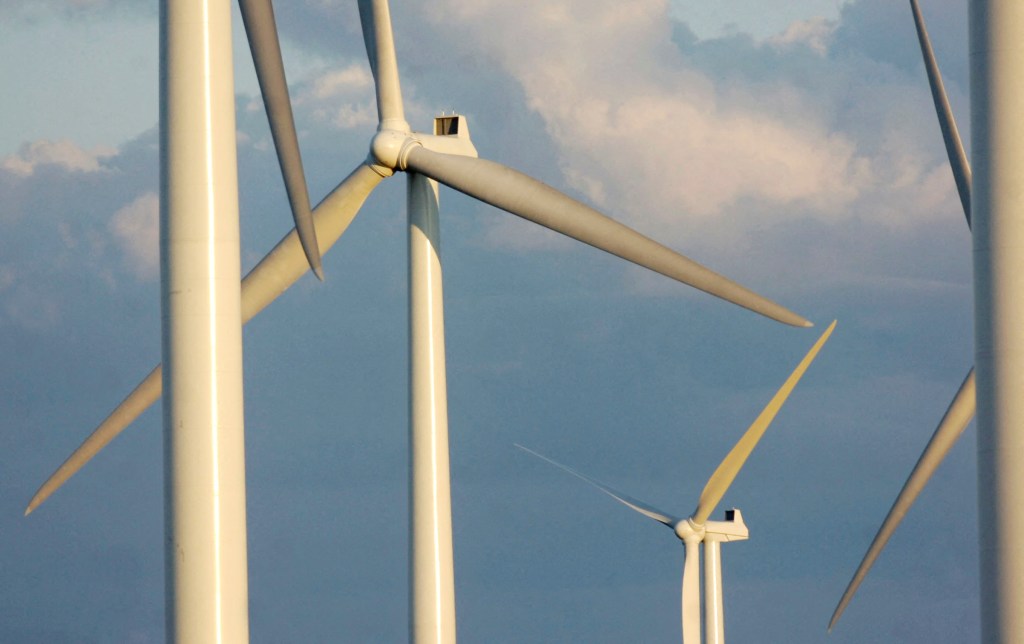Now Reading: Environment improves as more nations prosper — the greatest polluter is poverty
-
01
Environment improves as more nations prosper — the greatest polluter is poverty
Environment improves as more nations prosper — the greatest polluter is poverty

Approaching Earth Day this Tuesday, it may seem like the world is facing an environmental breakdown with constant warnings of climate disaster. However, it is important to recognize the significant advancements made in improving the environment. Progress has been notable in reducing pollution, particularly in affluent nations where outdoor air pollution has significantly decreased. Despite challenges faced by poorer countries during industrialization, efforts are being made to address pollution. For instance, China has actively worked to clean up its air and water. While outdoor air pollution worsened in many developing nations between 1990 and 2015, progress has been made in reducing indoor air pollution, saving millions of lives each year. The key to this progress lies in prosperity, which enables individuals to access cleaner energy sources.
It is critical to understand the correlation between a nation’s economic status and its environmental performance. Wealthier countries tend to be more adept at managing their environment, as illustrated by the Environmental Performance Index. As countries become financially stable, they can invest in cleaner technologies and implement regulations to improve public health and the environment. While climate change remains a challenge, it is not an insurmountable threat. Human innovation and adaptation have contributed to a significant decline in climate-related deaths over the past century. Instead of succumbing to fear-based narratives, the focus should be on practical solutions that address environmental issues effectively.
On Earth Day, it is essential to celebrate the progress made in environmental conservation and commit to further advancements, driven by prosperity and sustainable practices. Bjorn Lomborg, President of the Copenhagen Consensus, emphasizes the importance of recognizing achievements in environmental protection and advocating for practical solutions to address global challenges.





